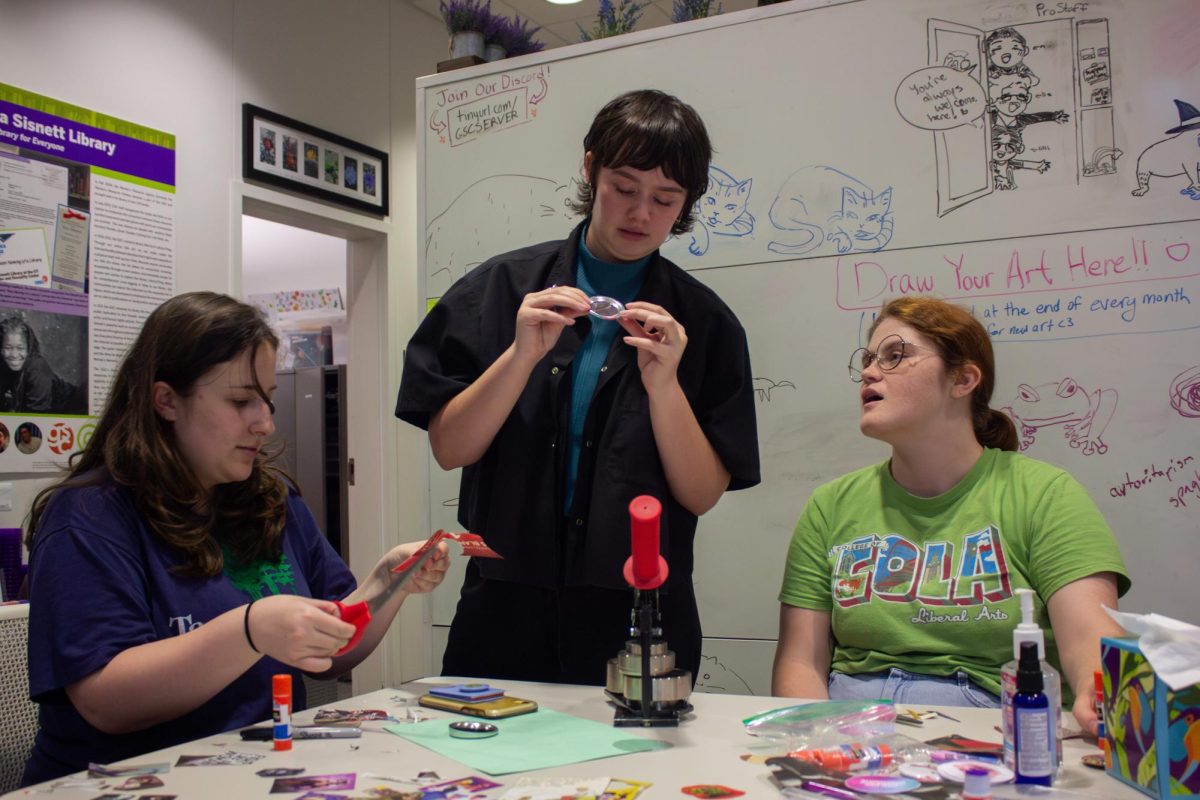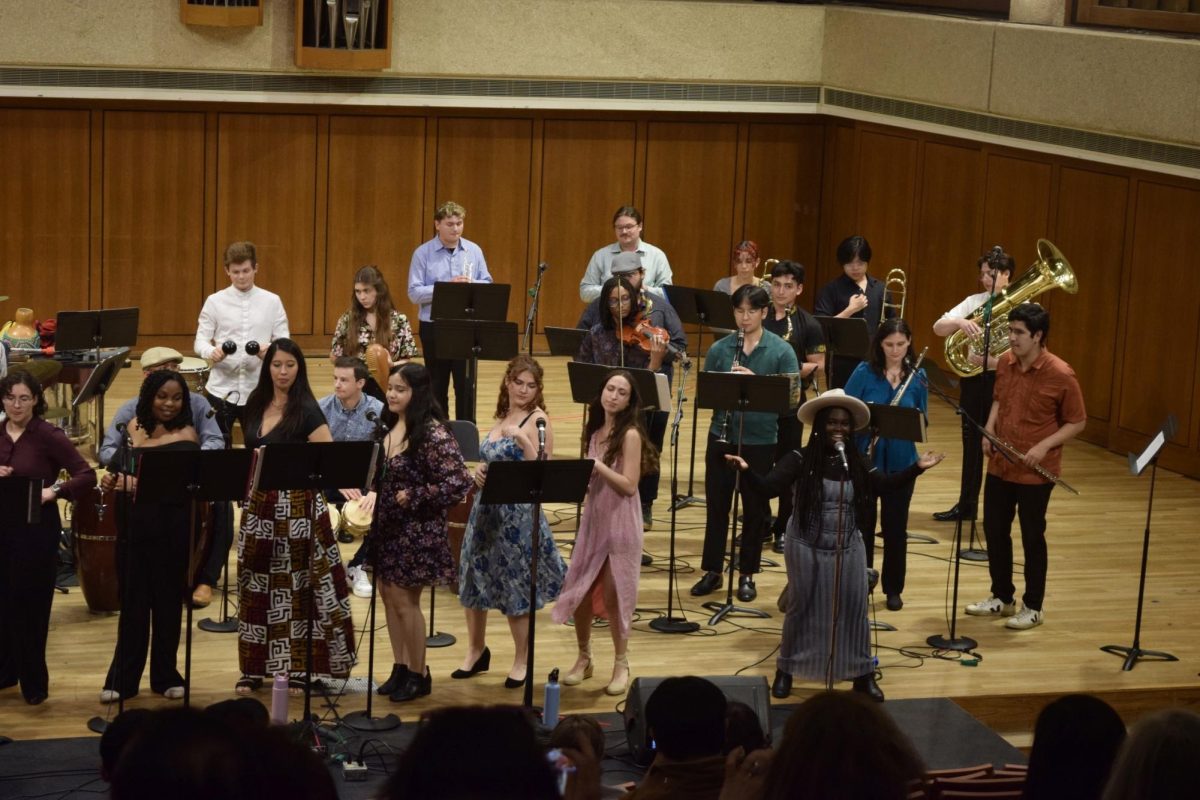At the beginning of the semester, students hauled boxes and shouldered suitcases into their new homes. The majority were setting up their living spaces for the next year, but for students assigned a supplemental contract, the rooms’ permanence remained to be seen.
This year, 184 students were assigned to supplemental rooms across campus. Unlike traditional housing, these rooms were previously study lounges or spare rooms and have been renovated to accommodate students that didn’t receive a housing contract initially.
According to Ryan Colvin, assistant director for Occupancy Management, 21 students have been offered permanent rooms and of those, five were forced to move while the others chose to make their supplemental rooms permanent.
“If over 51 percent (of students in the room) want to stay, we’ll allow them to stay in that room,” Colvin said, “but if it dips below that 51 percent, all the students within that room will have to accept a permanent room change.”
However, a small number of students, regardless if they meet the percentage, are required to leave their rooms when offered a permanent contract. Colvin said the Occupancy Management office works with these students first in order to give them more options.
Mechanical engineering freshman Dagmawi Gebreyes, was one of 11 students this year placed in one of these rooms. He said he and his roommates were unaware that they would be forced to move rather than given a choice like everyone else.
“Something the school could’ve done better was let us know (our living situation) wasn’t a permanent case,” Gebreyes said. “We went through the ice-breaking stage and then had to move out without any choice.”
Gebreyes said although he didn’t know at the time, he now understands the reason for the move. The location of his first dorm didn’t require a UT EID swipe-in to access the door, making it a safety issue.
Unlike Gebreyes, undeclared freshman Jack Stone has the option to remain in his supplemental room and said if his roommate agrees, he will decide to stay because he doesn’t want to move again.
“I wish I could be in a normal room but I’ve been coping with it,” Stone said. “It’s kinda rough to not have a sink or a closet, but it’s not the worst room.”
During the previous two years, all students in supplemental housing were offered contracts by November, but traditionally this isn’t the case. Colvin said that this year, the University is so full that more students will be offered permanent rooms as winter break approaches.
Like 70 percent of students, journalism freshman Will LeHardy will choose to stay in supplemental housing if offered a contract and said the University has been as communicative as they can be.
Colvin said the Occupancy Management office responds to students’ questions and gives a survey every other year to receive feedback from students on the process.
Despite these efforts, Stone said he wishes the University would be more upfront about the process and update students more frequently.
“I know of other people on my floor who are in a supplemental room,” Stone said. “I don’t know what’s going to happen to them either, (we’ve) been just waiting until someone says something about it.”





















